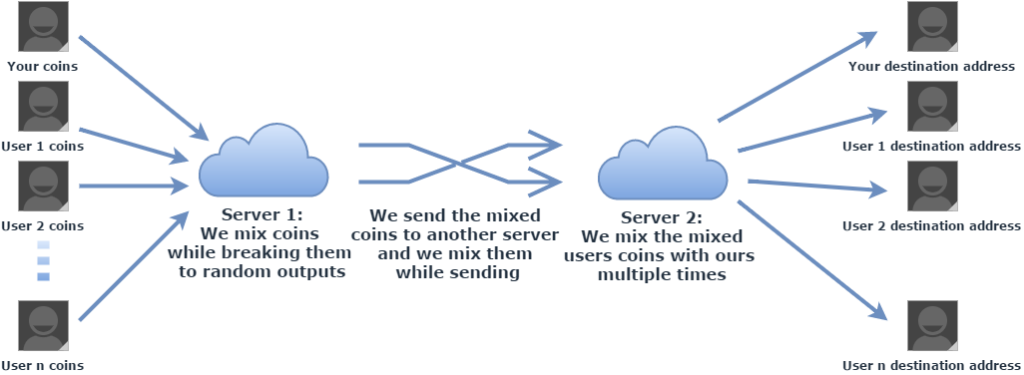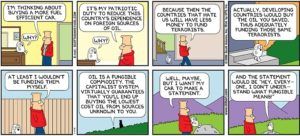I was pointed to this article by Jon Matonis, Founding Director, Bitcoin Foundation. I was sufficiently moved to highlight it here at Lifeboat Foundation, where I am a contributing writer.
On Fungibility, Bitcoin, Monero and ZCash … [backup]
This is among the best general introductions I have come across on traceability and the false illusion of privacy. The explanation of coin mixing provides and excellent, quick & brief overview.
Regarding transaction privacy, a few alt-coins provide enhanced immunity or deniability from forensic analysis. But if your bet is on Bitcoin (as it must be), the future is headed toward super-mixing and wallet trading by desgin and by default. Just as the big email providers haved added secure transit,
Bitcoin will eventually be fully randomized and anonymized per trade and even when assets are idle. It’s not about criminals; it’s about protecting business, government and individuals. It’s about liberty and our freedoms. [Continue below image]

The next section of the article explains the danger of losing fungibility due to transaction tracing and blacklisting. I can see only ONE case for this, and it requires a consensus and a hard fork (preferably a consensus of ALL stakeholders and not just miners). For example, when a great number of Etherium was stolen during the DAO meltdown.
My partner, Manny Perez, and I take opposing views of blacklisting coins based on their ‘tainted’ history (according to “The Man”, of course!). I believe that blacklists must ultimately be rendered moot by ubiquitous mixing, random transaction-circuit delays,  and multiple-transaction ‘washing’ (intentionally invoking a term that legislators and forensic investigators hate)—Manny feels that there should be a “Law and Order” list of tainted coins. Last year, our Pro-&-Con views were published side-by-side in this whitepaper.
and multiple-transaction ‘washing’ (intentionally invoking a term that legislators and forensic investigators hate)—Manny feels that there should be a “Law and Order” list of tainted coins. Last year, our Pro-&-Con views were published side-by-side in this whitepaper.
Finally, for Dogbert’s take on fungible, click here. I bought the domain fungible.net many years ago, and I still haven’t figured out what to do with it. Hence this Dilbert cartoon. smile
____________
Philip Raymond is co-chair of The Cryptocurrency Standards Association.
He also presents on privacy, anonymity, blind signaling & antiforensics.
